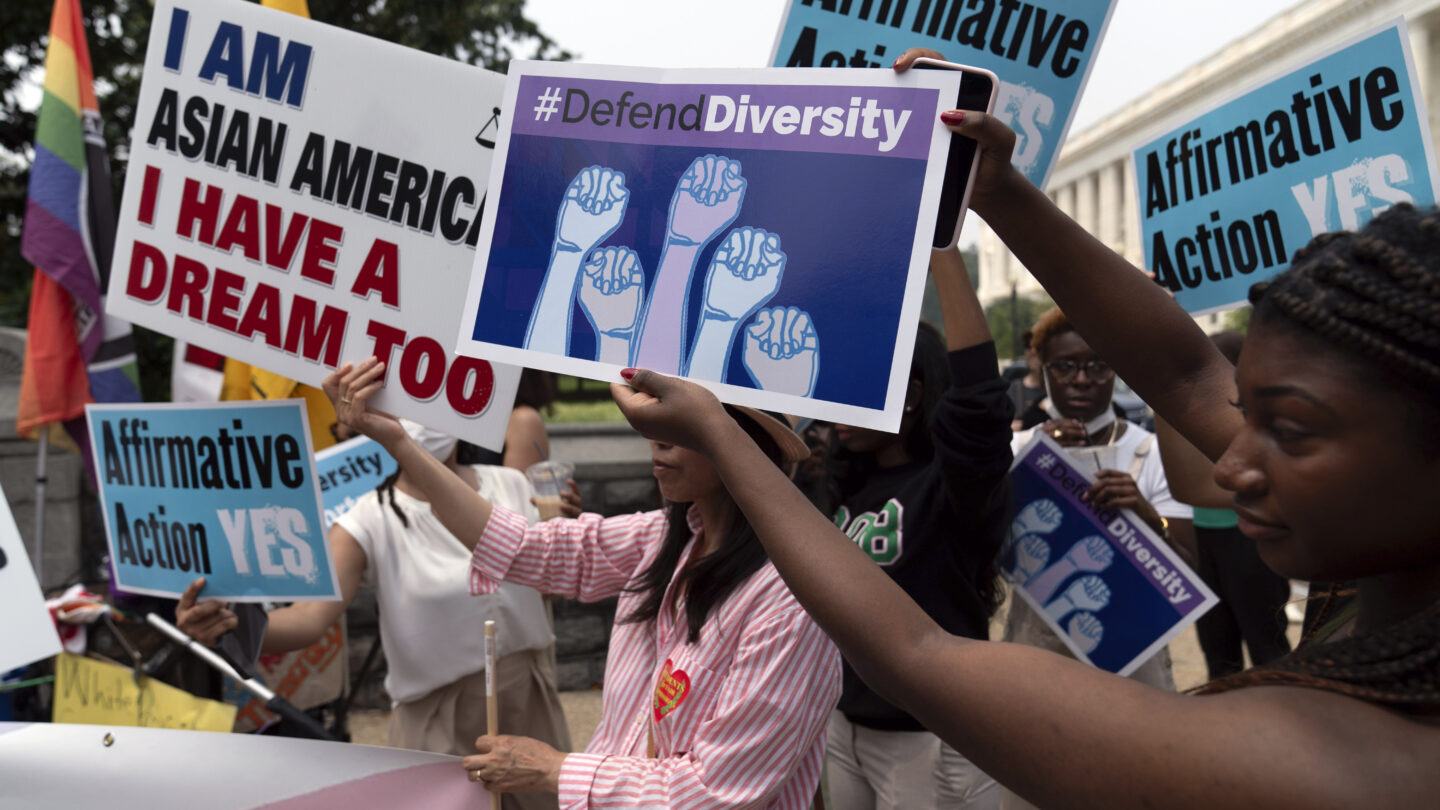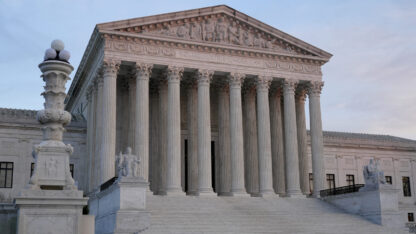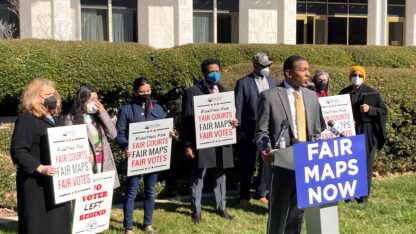On Thursday, the U.S. Supreme Court struck down affirmative action in college admissions.
The high court ruled that race-conscious admissions are unconstitutional and violated the equal protection clause of the 14th Amendment in cases involving the University of North Carolina at Chapel Hill and Harvard University.
In the University of North Carolina case, the vote was 6-3, and the vote was 6-2 in the Harvard case after Justice Ketanji Brown Jackson recused herself.
In the majority opinion, Chief Justice John Roberts wrote “many universities have for too long wrongly concluded that the touchstone of an individual’s identity is not challenges bested, skills built, or lessons learned, but the color of their skin. This Nation’s constitutional history does not tolerate that choice.”
Georgia State University law professors Tanya Washington and Anthony Michael Kreis were guests on Thursday’s edition of “Closer Look.” They talked with Rose about the implications of the ruling.










